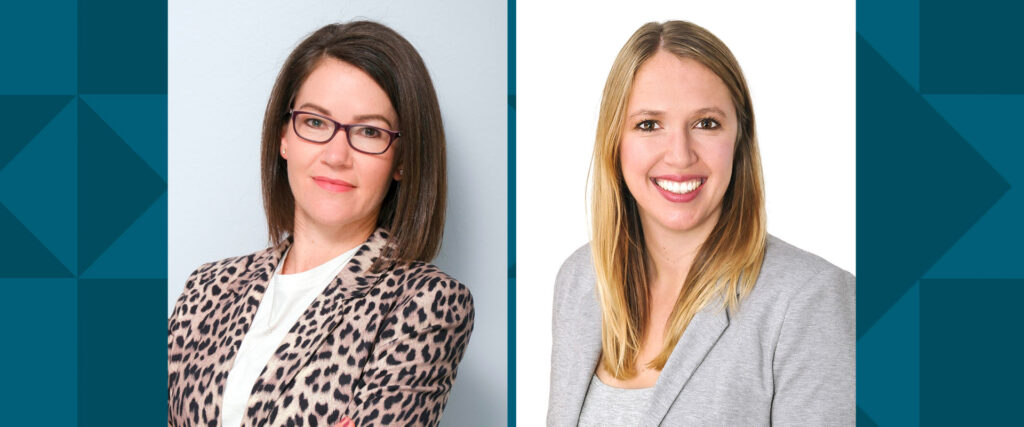MAIN IMAGE: Andrea Tucker, director of MortgageMe; Johette Smuts, head of data analytics at PayProp
Staff Writer
With the economic effects of the Covid-19 pandemic still being felt, many South Africans are turning to a side hustle to bring in some extra cash. One way to earn a bit more is by becoming a landlord, either by investing in a rental property, or by moving on from a smaller ‘starter’ home and converting it into a rental.
“This is a long-term investment strategy that can provide a steady income, as long as you keep in mind that ‘passive’ does not entirely describe what it is to be a landlord,” advises Andrea Tucker, director of MortgageMe.
According to the latest PayProp Rental Index, rental growth rebounded in the first quarter of 2022, with year-on-year (YoY) growth of 1.5%, 1.1% and 3% recorded in January, February, and March respectively. March had the strongest rental growth performance recorded since the start of the pandemic in March 2020.
The quarterly year-on-year rental growth of 1.8% in Q1 was the highest since the start of the pandemic, and the first time this number has exceeded 1% since Q3 2020.
Johette Smuts, head of data analytics at PayProp, says that the index shows positive signs but warns that the current high inflation rates in the country could be pushed further up by accelerating global inflation – driven by higher prices of oil and other commodities since the Russian invasion of Ukraine in February.
“We’re seeing central banks worldwide respond by increasing interest rates to curb inflation, which will dampen economic growth and could then affect tenants’ incomes and job security, placing downward pressure on rental growth rates,” says Smuts.
Tucker has some tips from the experts to help first-time landlords navigate the property rental business.
Understand the legalities
Familiarise yourself with the Rental Housing and Amendment Acts and the Consumer Protection Act (CPA). You will need to have a written lease agreement that is understood by all concerned parties.
“The lease needs to contain all the information pertaining to the tenancy, such as the tenant’s start and end date, the rental amount, deposit details, the use of the property and conditions around how disputes will be addressed,” says Tucker.
You will need to provide your tenant with a copy of the signed agreement and issue the tenant with a receipt for every payment received. Also inform your insurer that you’re going to be renting your property to ensure that you’re covered for every possible eventuality in the future.
Factor in all the costs
Do some research on what you can charge for rent on the property and consider what your expenses will be to calculate your profit. Include costs like bond payments, insurance, levies, maintenance, and cleaning into your calculations.
Make sure you are in a relatively secure position financially as unforeseen circumstances can deal a blow to your finances. Have money kept aside in a contingency fund for unanticipated expenses such as payment defaults or issues not covered by home insurance.
Screen potential tenants
It is vital to do a proper credit and background check on a new tenant. If you’re managing the rental yourself, ask the prospective tenant for a certified copy of their ID, three months of bank statements, proof of income and references from previous landlords.
Consider hiring a rental agent or property manager
If you want your passive income to be a bit less active, hire someone to do the hands-on management of your rental. A professional will know all the legalities involved in renting a property, how to screen tenants, deal with disputes and collect payments.
Create a network of contractors
Repairs on your rental may take up more time than you’re willing to give, and some repairs are likely to fall out of your area of expertise. Creating a list of trusted maintenance people, such as electricians, plumbers, and painters, who you can call on to assist in times of need is important.
Understand your responsibilities
Your first responsibility is to ensure that your property is fit for rental purposes and well maintained. You also need to be available to your tenants whenever issues regarding the rental arise. If you receive an emergency request for a repair, you are obligated to attend to the issue in a reasonable amount of time.
“Keep the lines of communication open to ensure a happy tenant. Let them know about any scheduled maintenance in advance and be on call for any concerns they may have, however small. This will ensure a good relationship between you and your tenant,” counsels Tucker.
Keep on top of maintenance. Don’t let months go by without popping into the property to ensure that your tenant is keeping it clean – not everyone is as tidy as you. This will make a future transition to a new tenant less onerous on you, and less costly in the long run.








